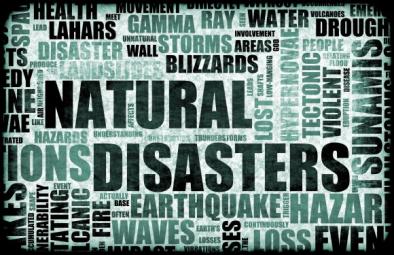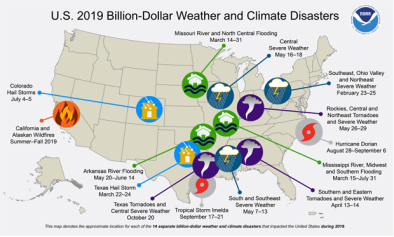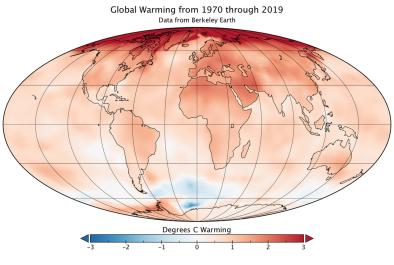Warmer soil releasing more carbon, worsening climate change

Even the dirt on the ground is making climate change worse, a new study finds.
Plants capture massive amounts of carbon, pumping it into the soil where usually it stays for hundreds or thousands of years.
Observations from across the globe show that as temperatures have warmed, bacteria and fungi in the soil are becoming more active. These turbo-charged microbes are feeding on dead leaves and plants, releasing more heat-trapping carbon dioxide into the air, according to a study in Wednesday’s journal Nature.
Scientists call it a vicious cycle of warming. Burning of coal, oil and natural gas heats the air and soil, which worsens warming.
This uncontrolled cycle speeds up and amplifies climate change, said Jerry Melillo of the Marine Biological Laboratory in Massachusetts, who wasn’t part of the study.
Researchers found a significant increase in the amount of carbon since the 1990s coming out of microbes when compared to other releases of carbon. They analyzed sensor readings, soil measurements, plant growth data and satellite observations in what’s the most comprehensive study yet of the climate change impacts of soil.
“The world really is showing an effect here,” said lead researcher Ben Bond-Lamberty of the Pacific Northwest National Laboratory. “It’s a fingerprint of climate change.”
Related Content





